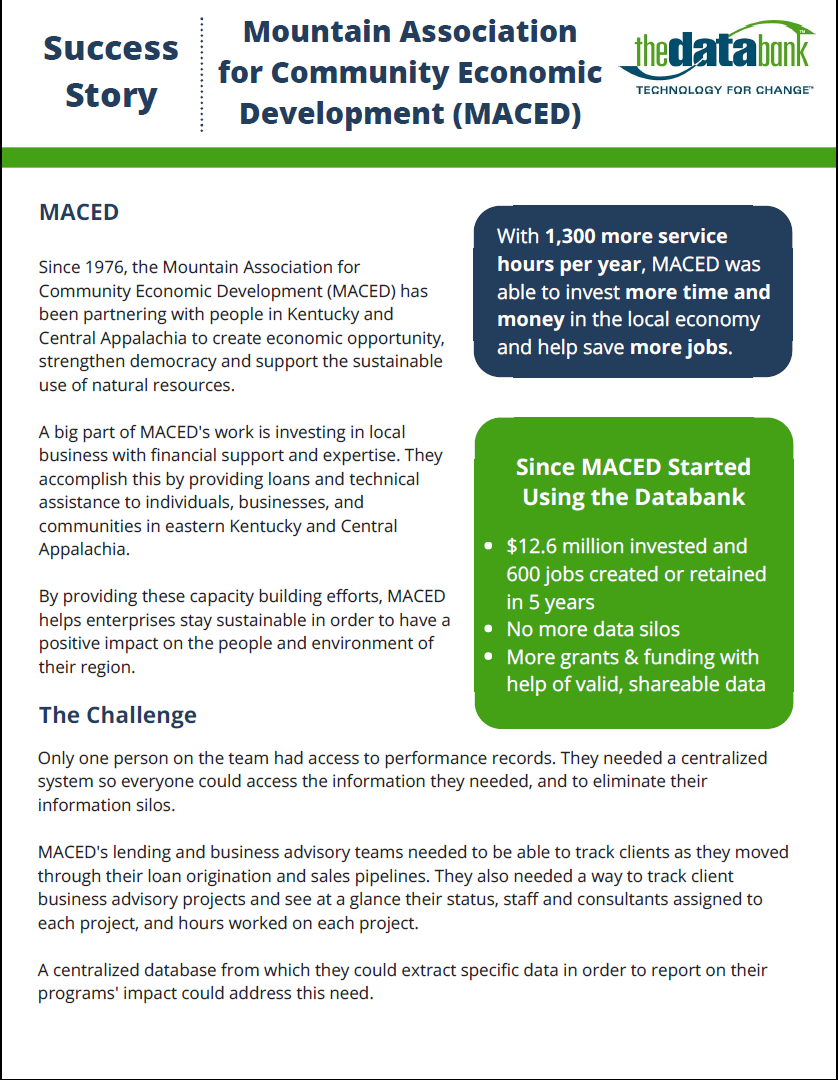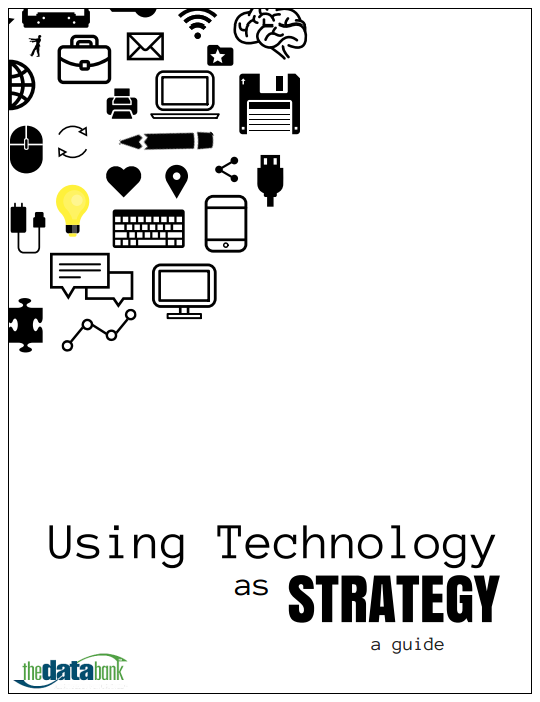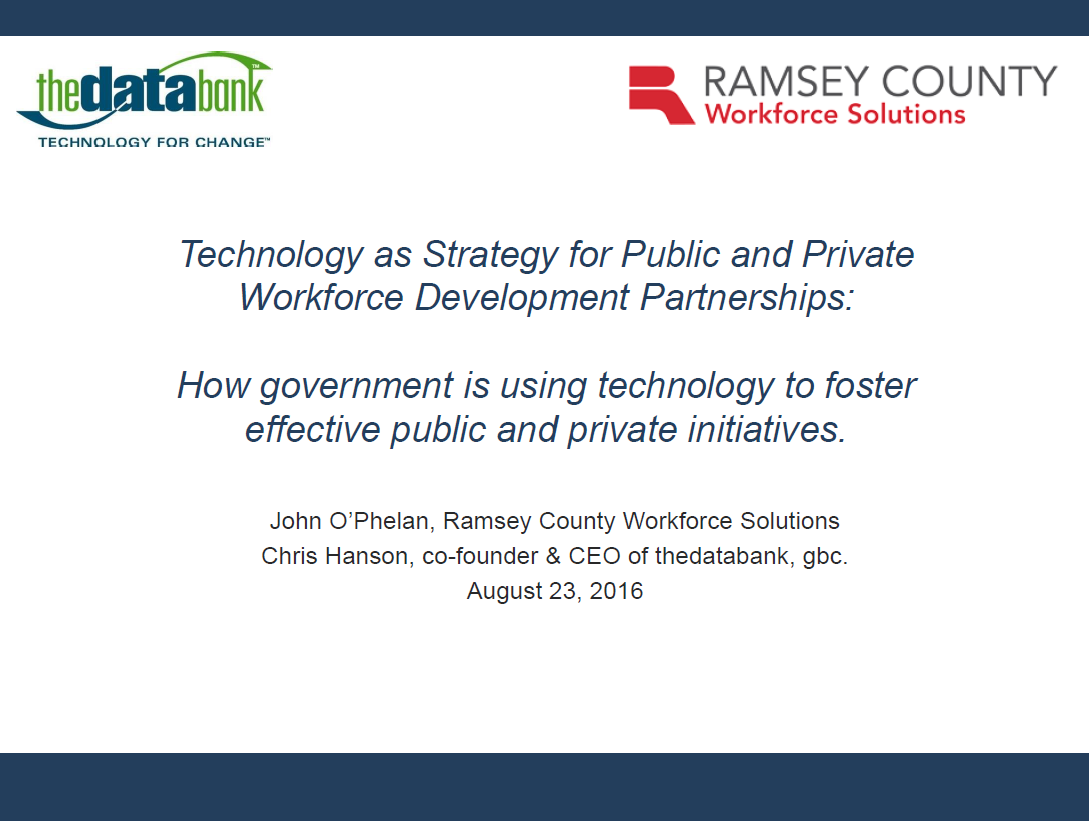Many policy oriented nonprofits start using action alerts – the emails calling on citizens to contact their elected officials about Issue X – because they want a legislative outcome. If enough people contact their reps, the rationale goes, we can sway the vote/get an item included or excluded/get or avoid a veto/etc.
That does work…sometimes. Who hasn’t heard stories of an undecided rep being persuaded by a compelling constituent story, or by the tally of calls and letters on each side? But when this outcome doesn’t happen, has your advocacy group failed?
Of course not. In fact, your nonprofit might well have achieved a more important victory. Consider these benefits of grassroots advocacy:
- Your supporters, by delivering a message to their elected officials, have climbed a rung on the ladder of engagement. As your supporters start identifying as activists, they open up to bigger actions. (Think meeting with reps, donating, even testifying.)
- Action alerts educate people about the issues. Even if they don’t open your message, seeing a subject line in their inbox or RSS reader helps frame the issues and keeps people informed of your policy agenda. And the people who do take the time to respond with a personalized message are learning about and connecting to these issues.
- Advocacy campaigns deepen your nonprofit’s relationship with supporters. Data from our customers show a strong relationship between online activism and financial support. Frequent email, including alerts, is a key engagement strategy. Action alerts are also a way to pull facebook fans and Twitter followers into your nonprofit’s database. And finally, by paying attention to open rates and response rates, you can learn what your audience is most interested in, then use that to improve communication and messaging.
These are just a few ideas. What other benefits do you see for action alerts?






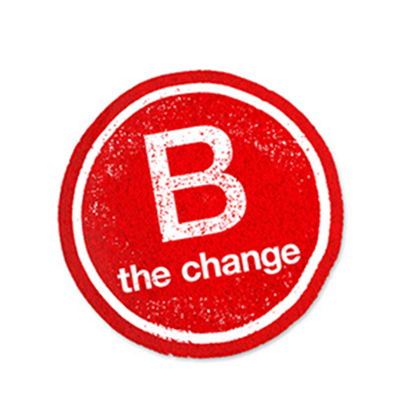


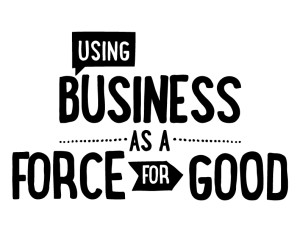
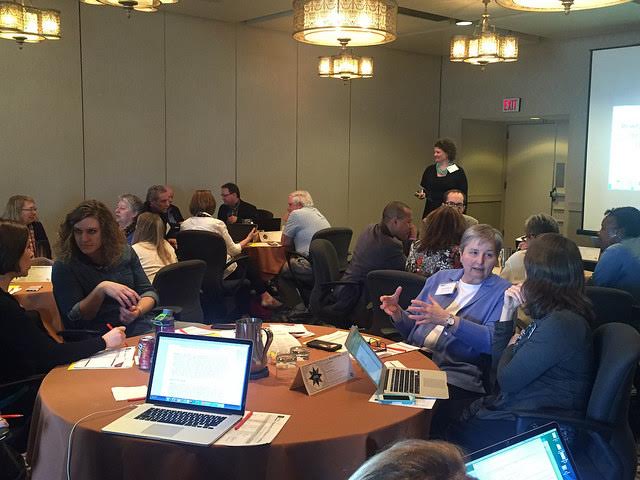
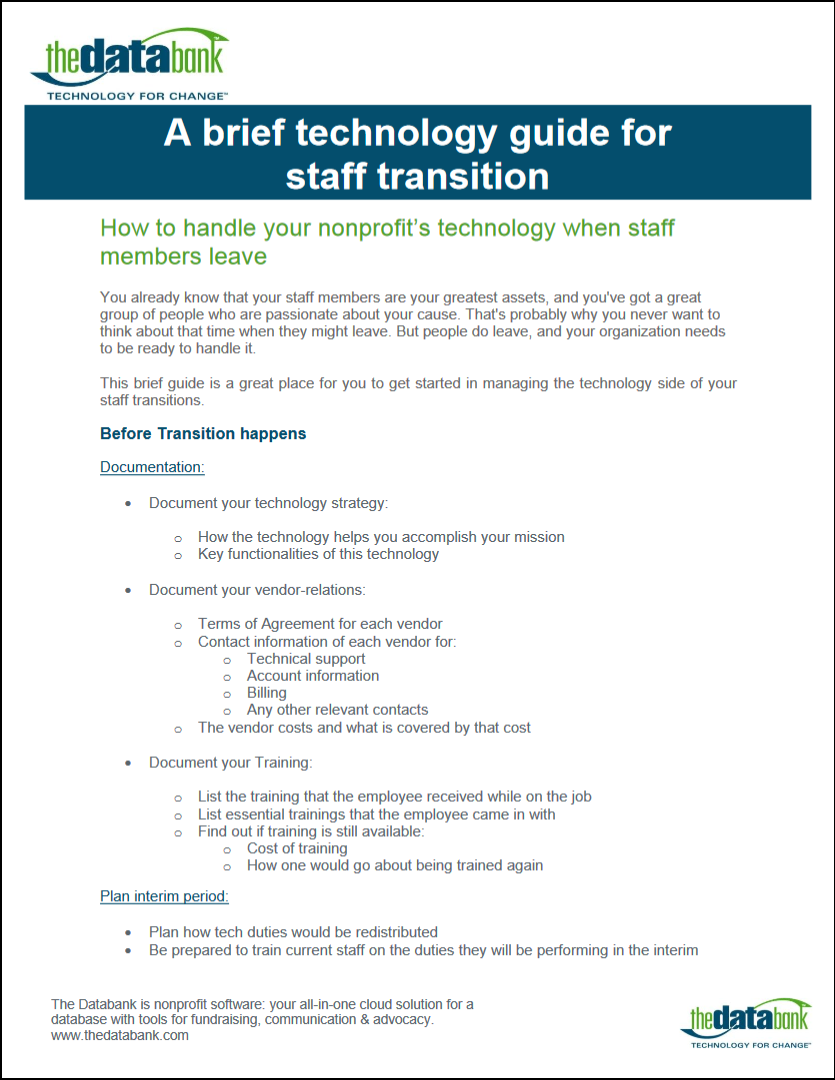

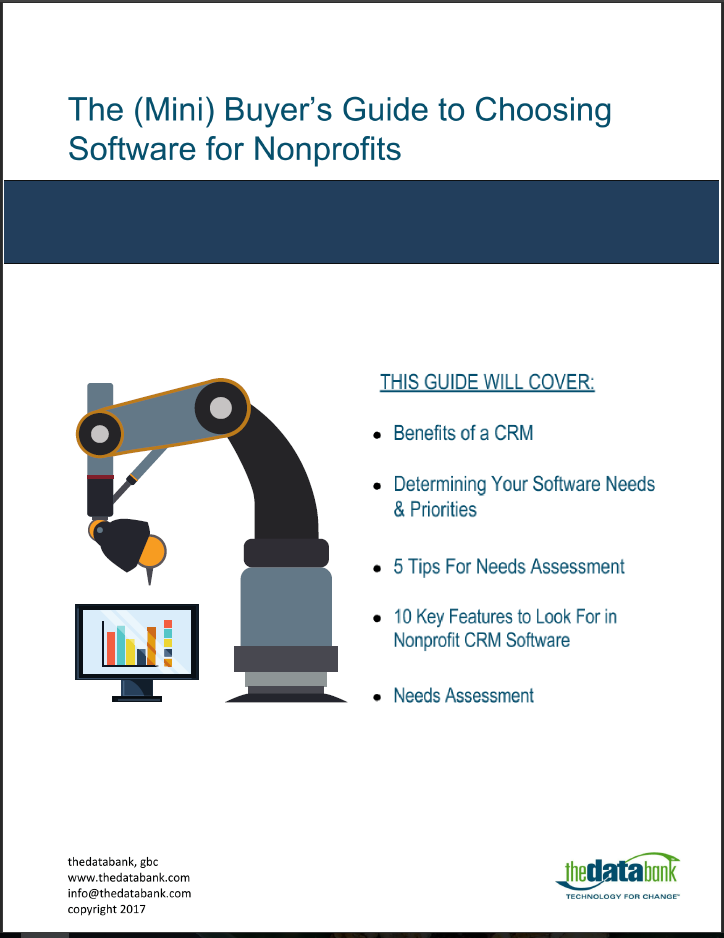


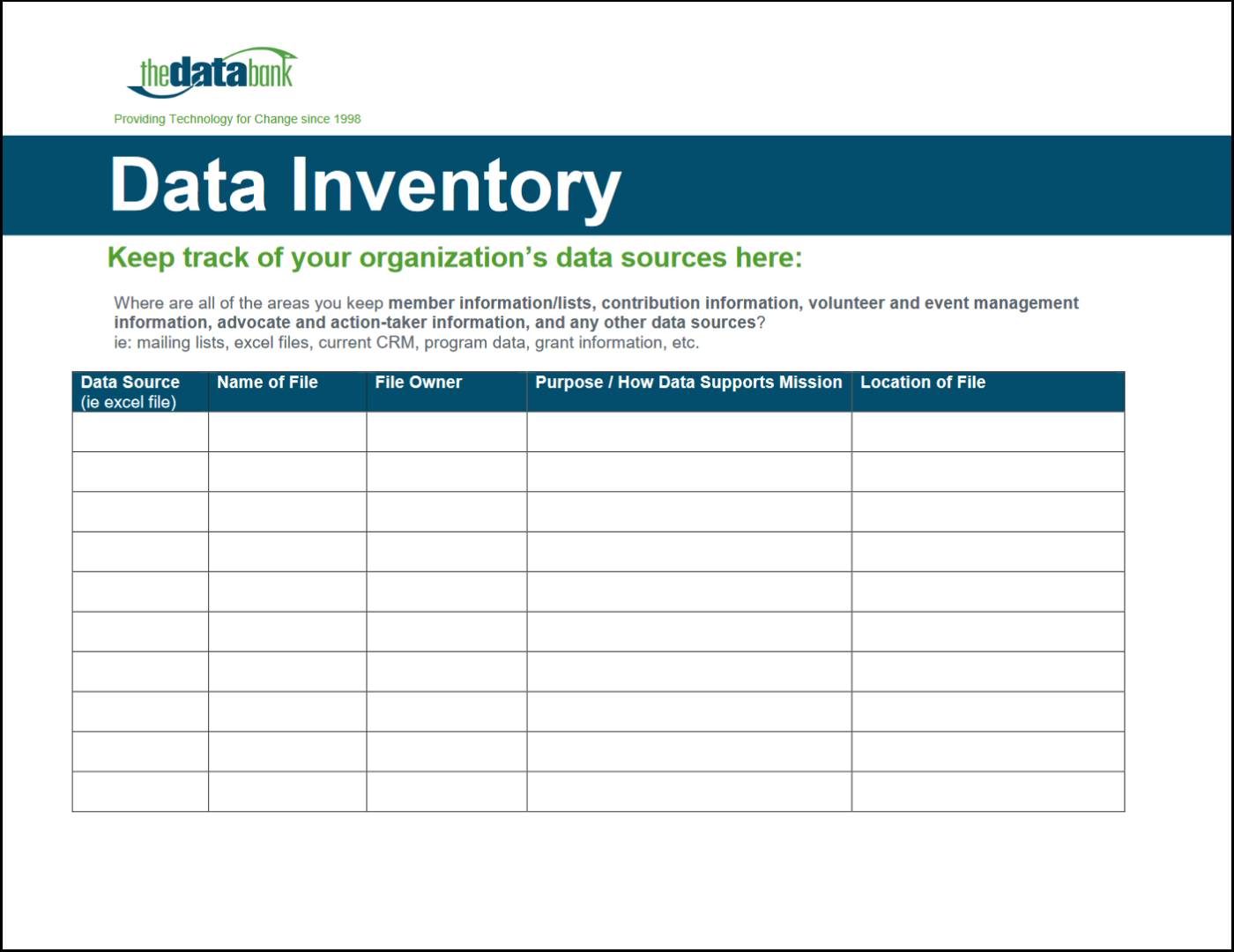

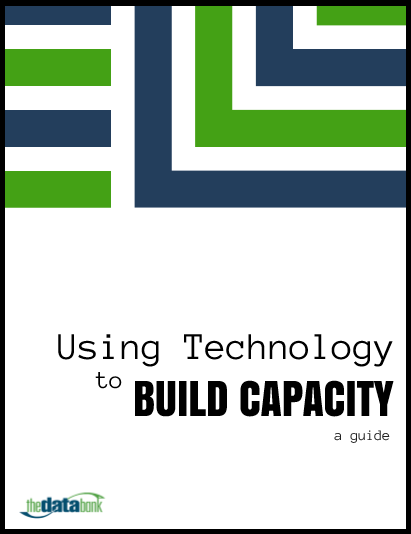


 thedatabank, gbc is technology for change, and we walk the talk.
thedatabank, gbc is technology for change, and we walk the talk. 